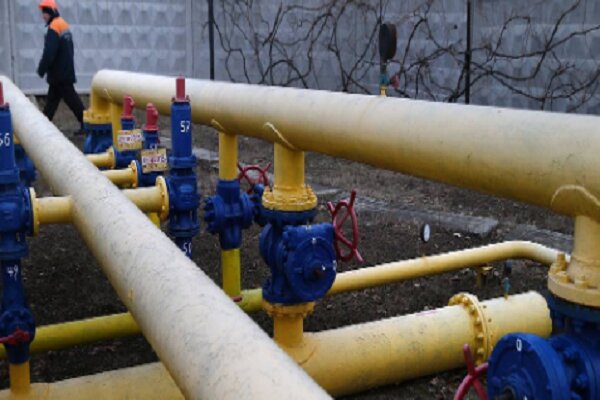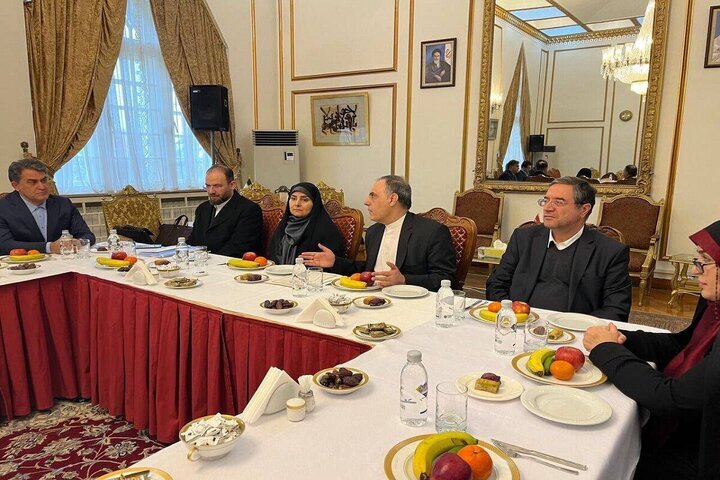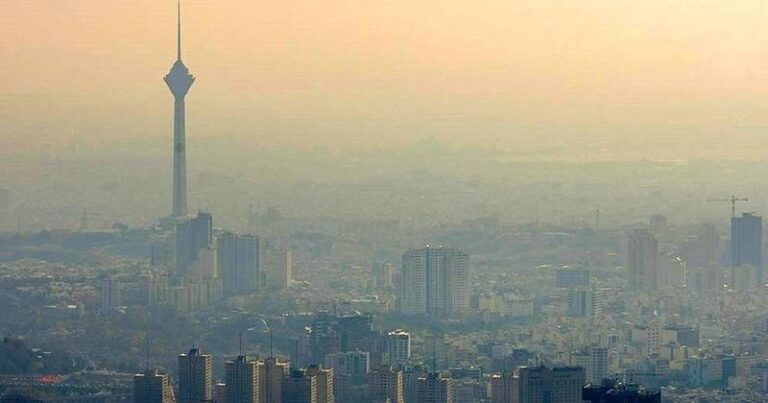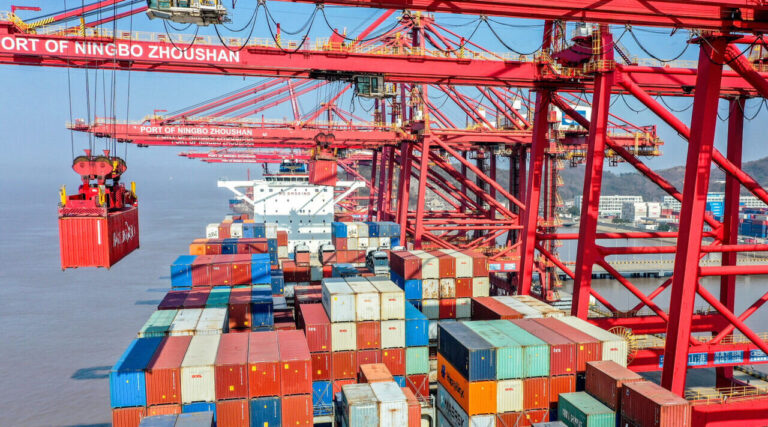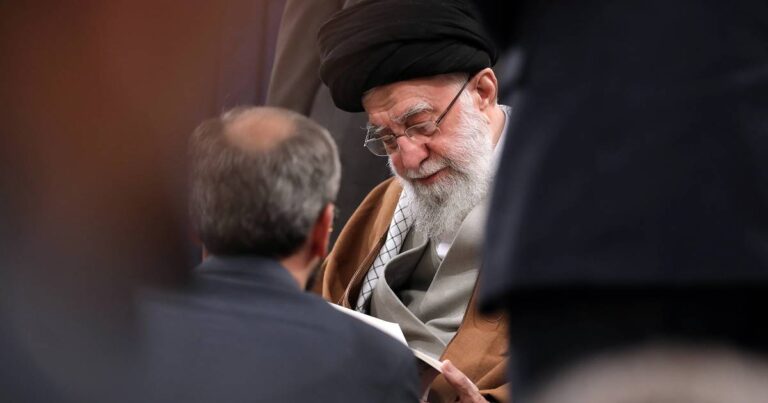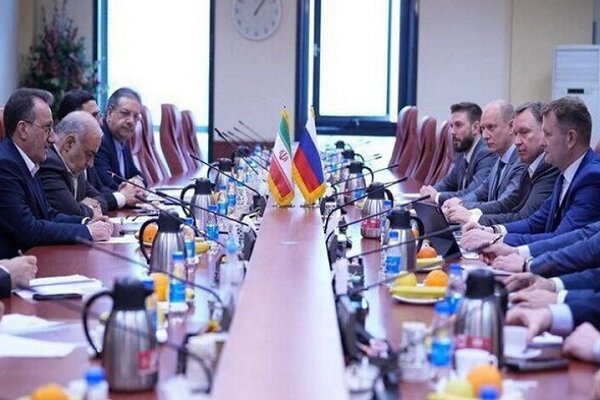Turkey Powers Slovakia: A New Era of Russian Gas Transit
In a significant turn of events, Ukraine has halted gas supplies to the West as part of its ongoing conflict with Russia that began in February 2022. This decision has had a considerable impact on Slovakia, a country heavily reliant on Russian gas.
Ukrainian President Volodymyr Zelenskyy stated that the cessation of supplies is a strategic move aimed at preventing Moscow from generating revenue to fund its military operations. However, this decision has sparked strong reactions from Slovakia, which is one of the EU member states most dependent on Russian gas.
The following points outline the current situation regarding gas supplies in Slovakia:
- Gas Supply Disruption: Ukraine’s suspension of gas supplies has forced Slovakia to seek alternative routes for gas transportation.
- New Transportation Routes: According to the Slovakian state gas supplier SPP, gas is now being directed through Turkey and Hungary instead of Ukraine.
- Contractual Obligations: Despite the political tensions, SPP intends to fulfill its gas supply contract with Russian energy giant Gazprom, which is set to run until 2034.
- Political Backlash: The Slovak government has vocally protested against the suspension of supplies, highlighting its dependence on Russian gas.
SPP’s CEO, Vojtech Ferencz, addressed the media in Bratislava, emphasizing the company’s commitment to honoring its contractual obligations with Gazprom, despite the ongoing political concerns surrounding energy supplies.
This development raises important questions about energy security in Europe, particularly for countries with heavy reliance on external gas supplies. As the conflict between Ukraine and Russia continues, the repercussions are being felt far beyond their borders, affecting the energy landscape across the continent.
Slovakia’s predicament is a stark reminder of the vulnerabilities that many European nations face when it comes to energy dependence. The shift in gas supply routes not only complicates logistics but also poses potential risks to the stability of energy prices in the region.
In light of these challenges, Slovakia and other EU member states may need to explore alternative energy sources and strategies to reduce their reliance on Russian gas. Some potential measures include:
- Diversifying Energy Sources: Investing in renewable energy and seeking alternative suppliers can help reduce dependence on any single source of energy.
- Enhancing Energy Efficiency: Improving energy efficiency in homes and industries can significantly lower overall energy demand.
- Strengthening Energy Infrastructure: Upgrading and expanding energy infrastructure to support diverse energy supplies is crucial for long-term security.
- Improving Regional Energy Cooperation: Collaborating with neighboring countries on energy projects can enhance stability and security in energy supplies.
As Europe navigates this complex energy landscape, Slovakia’s experience serves as a crucial case study for other nations grappling with similar issues. The need for a comprehensive energy strategy is more pressing than ever, especially in light of ongoing geopolitical tensions.
In summary, Ukraine’s decision to halt gas supplies to the West has reverberated throughout Europe, particularly affecting Slovakia’s energy security. As the situation unfolds, it will be essential for European nations to adapt and build resilience against future disruptions. The ongoing conflict underscores the importance of energy independence and the need for strategic planning in the energy sector.
As this situation develops, it will be interesting to see how Slovakia and other EU nations respond to the challenges presented by their reliance on Russian gas. The focus on alternative energy strategies and diversified supply routes may pave the way for a more secure energy future.
